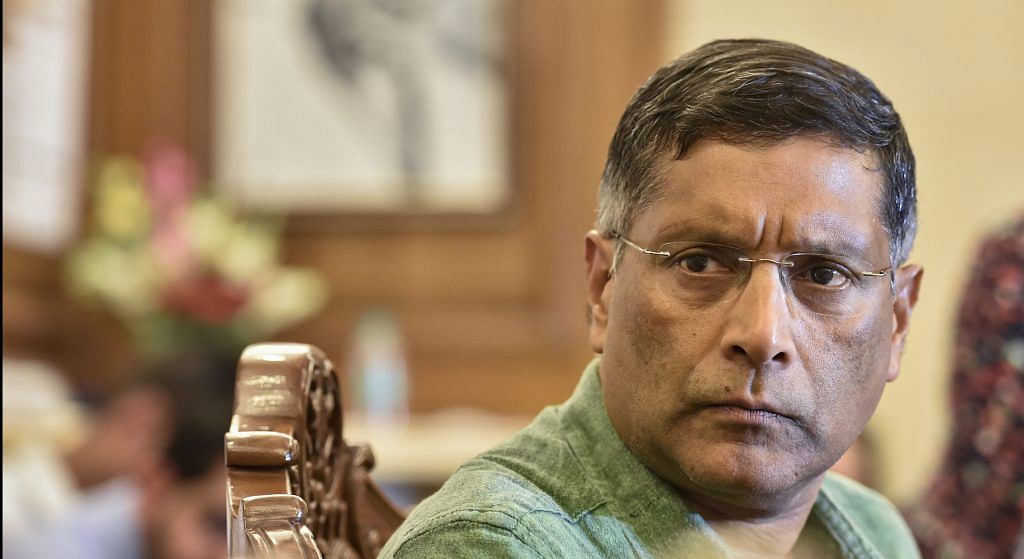With elections due in 2019, there may not be many takers for CEA job; officials say vacancy may not hurt much.
New Delhi: With chief economic advisor (CEA) Arvind Subramanian’s on his way out, the Narendra Modi government will have to lean on the Prime Minister’s economic advisory council (PMEAC), which was constituted last year, and the Niti Aayog for advice on critical economic issues just ahead of the crucial Lok Sabha polls.
While the government has indicated that it will push to appoint a successor soon, finance ministry officials and economists said that there will be few takers for the job with general elections due in the summer of 2019.
Subramanian is set to continue in the post until September and Sanjeev Sanyal, principal economic advisor to the finance ministry, could be in charge in the absence of a full-time CEA, sources said.
“It is unlikely that the post will be filled up before the (Lok Sabha) elections, especially now with the level of political uncertainty growing,” a senior economist, who has been closely working with the government, said on the condition of anonymity.
Earlier too the post had remained vacant for over a year from September 2013 when then CEA Raghuram Rajan moved out after being appointed governor of the Reserve Bank of India.
‘May not make difference’
Some in the government said that there will be limited impact even if the post remains vacant. “The CEA is not the only one providing policy guidance to the government…there are other bodies including the PMEAC and Niti Aayog,” a senior government official said.
The Prime Minister’s Economic Advisory Council (PMEAC), a five-member independent body headed by Bibek Debroy, a full-time member of the Niti Aayog, was set up in September last year. It could be tapped to come up with quick measures and announcements that could help growth and boost sentiments, another official said.
Modi, unlike his predecessor Manmohan Singh, did not have an EAC for the first three years. “However, after the setting up of the PMEAC, the government looks up to the PMEAC and Niti Aayog and even independent economists for policy guidance… He (Modi) has been holding meetings with the country’s top economists from time to time,” said the second official.
Singh, on the other hand, consulted and engaged with the PMEAC regularly since he assumed office.
Subramanian, who presented his first economic survey in 2015, said that India was in a sweet spot—rare in the history of nations. His surveys have always raised interest for his tendency to experiment. The last economic survey that he presented came in a pink cover to highlight gender issues.
